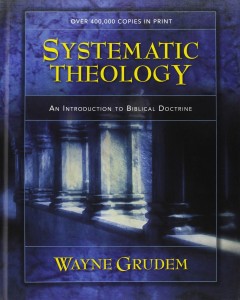
I have a question for you, “Who are you discipling?” How hard do you have to think about that? Would anyone say you are discipling them, mentoring them, or investing in them?
Probably no question will cut more quickly to the reality of your success or failure in life and ministry than this simple question. Jesus’ final words, “Go make disciples of all nations,” were not an option—this is what we are to be doing. While there are many gospel implications, there is one very clear command. We were, in the words of Dawson Trotman, “born to reproduce.”
Granted, there are a lot of good things Christians do these days; preaching, teaching, writing, leading, organizing, giving, etc., but at the end of the day, who are they discipling? The same question that we ask the average Christian needs to be asked of the professional clergy—pastor, evangelist, seminary professor.
Think back on your own experience. Who impacted your life? How did they do that? Books, sermons, programs, and college lectures all have their place, but nothing changes the world more quickly than investing in others “one life at a time.” That’s what Jesus did.
“Who are you discipling?”


